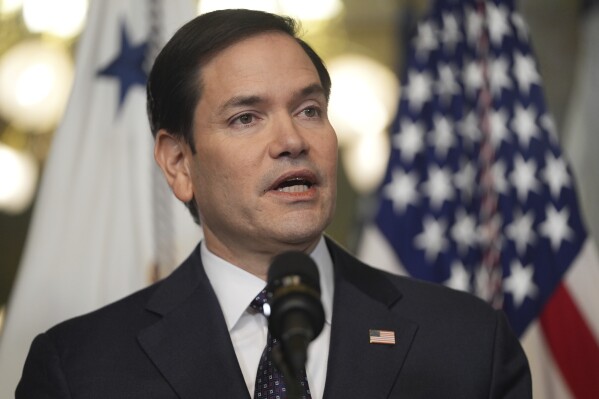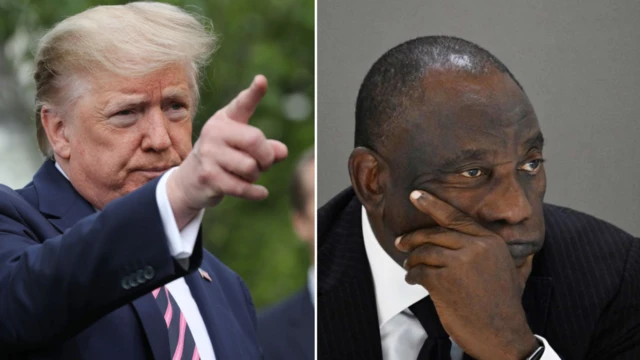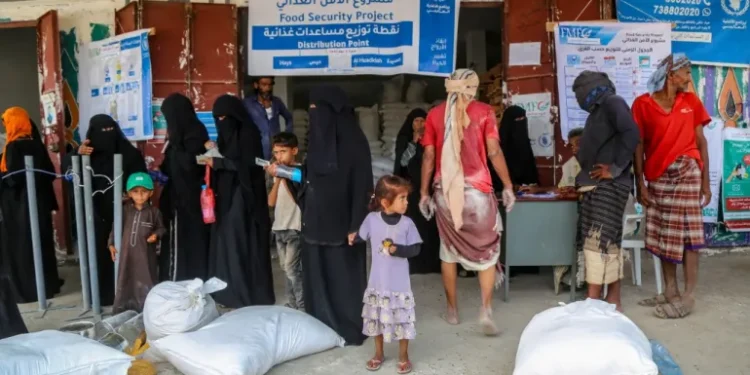In what promises to be a diplomatically sensitive meeting, U.S. President Donald Trump is scheduled to host South African President Cyril Ramaphosa at the White House on Wednesday, following Trump’s recent explosive allegations that South Africa’s Black-led government is allowing a “genocide” against white farmers.
The accusation, made by Trump on his Truth Social platform, has rocked diplomatic relations between the two countries. Trump alleged that the South African government was forcefully taking land from white Afrikaner farmers and committing a “massive Human Rights VIOLATION.” The claim triggered an executive order that suspended all U.S. aid to South Africa, drawing sharp criticism and concern from Pretoria.
South Africa has denied the claims, calling them baseless and harmful. President Ramaphosa, in seeking this meeting, hopes to clear the air and repair the diplomatic fallout. According to officials in Pretoria, this is the most strained relationship between South Africa and the United States since the fall of apartheid in 1994.
Ramaphosa is expected to challenge what he calls “damaging mischaracterizations” by the Trump administration. The meeting marks the first time Trump has welcomed an African head of state to the White House since his return to office.
Still, anxiety hangs over the encounter, with some in South Africa warning that Ramaphosa could be “Zelenskyy’d,” referencing the tense February meeting where Trump and Vice President JD Vance publicly berated Ukrainian President Volodymyr Zelenskyy in front of cameras. The optics of that meeting still reverberate in diplomatic circles.
Chant Controversy Fuels Tension
A White House official, speaking anonymously ahead of the meeting, said Trump will likely urge Ramaphosa to denounce “genocidal rhetoric” and push for violent farm attacks to be classified as a priority crime. Trump also plans to raise concerns over South Africa’s race-based trade policies and their impact on investor confidence.
Central to the controversy is a racially charged chant sometimes used at opposition political rallies. The chant includes lyrics like “kill the farmer” and “shoot the farmer,” often referencing the word Boer, which denotes white Afrikaner farmers. Though Ramaphosa’s ruling African National Congress does not endorse the chant, it has not publicly condemned it either. Trump is expected to press the South African leader on this point, as critics, including South African-born billionaire Elon Musk, view the chant as evidence of targeted racial animus.
Secretary of State Marco Rubio, in an interview, said the U.S. would maintain the “genocide” label, citing reports of white farmers being murdered and allegedly “forcibly removed” from their land. Rubio added that the U.S. had already brought a small number of white South Africans into the country under a new refugee program.

South Africa argues that these incidents are being grossly misrepresented. Officials say the killings, while tragic, are part of a broader violent crime crisis that affects all South Africans, not just white farmers. Black farmers, they note, have also fallen victim to similar crimes.
Agriculture Minister John Steenhuisen, who is white and from a different political party than Ramaphosa, said there is “no land being seized” and dismissed Trump’s allegations as false. He warned that the spread of such “misinformation” can carry real-world consequences.
While the two leaders are expected to discuss trade and bilateral cooperation, Trump’s rhetoric has cast a long shadow over the visit. Ramaphosa’s team views the meeting as an opportunity to realign diplomatic narratives and counter what they see as a dangerous distortion of South Africa’s realities.
However, the broader implications of the White House’s stance could impact South Africa’s global reputation and foreign relations, especially if other countries follow Washington’s lead. The hope in Pretoria is that dialogue, not dramatic headlines, will ultimately shape the next chapter of U.S.-South Africa relations.
READ ALSO: Mahama’s Return to Ghana’s Presidency Offers Hope and Caution























